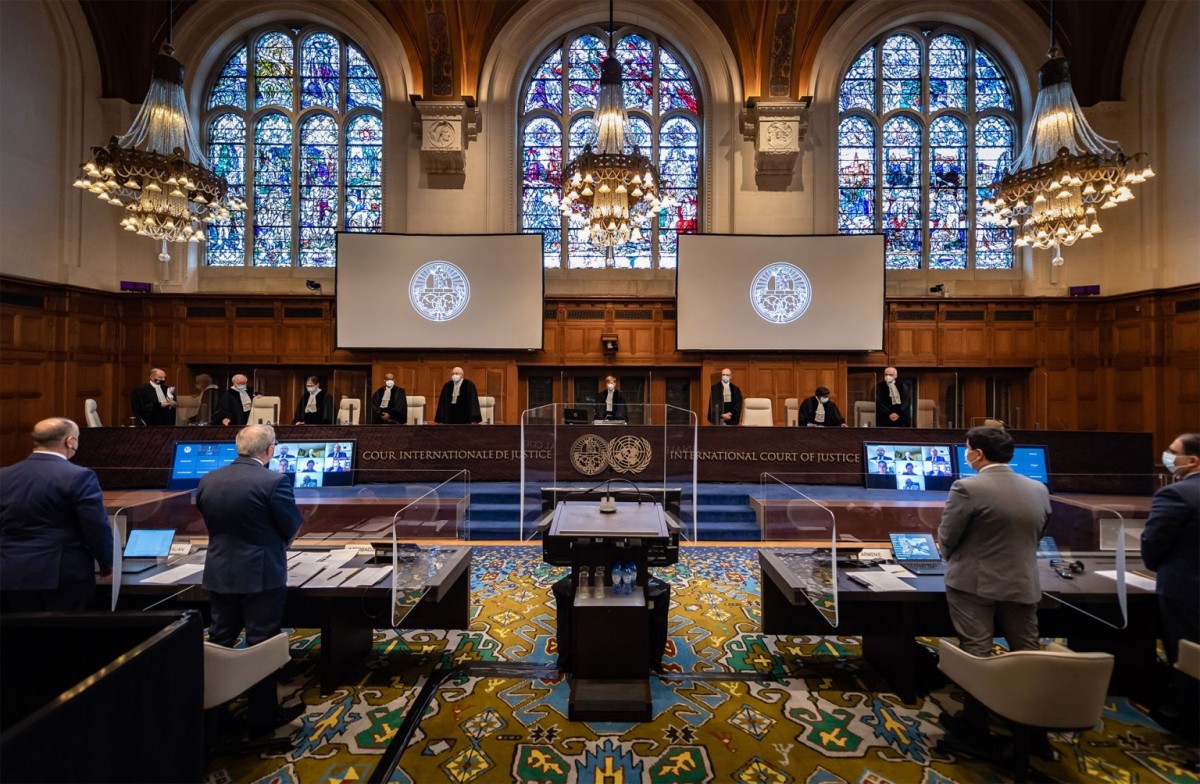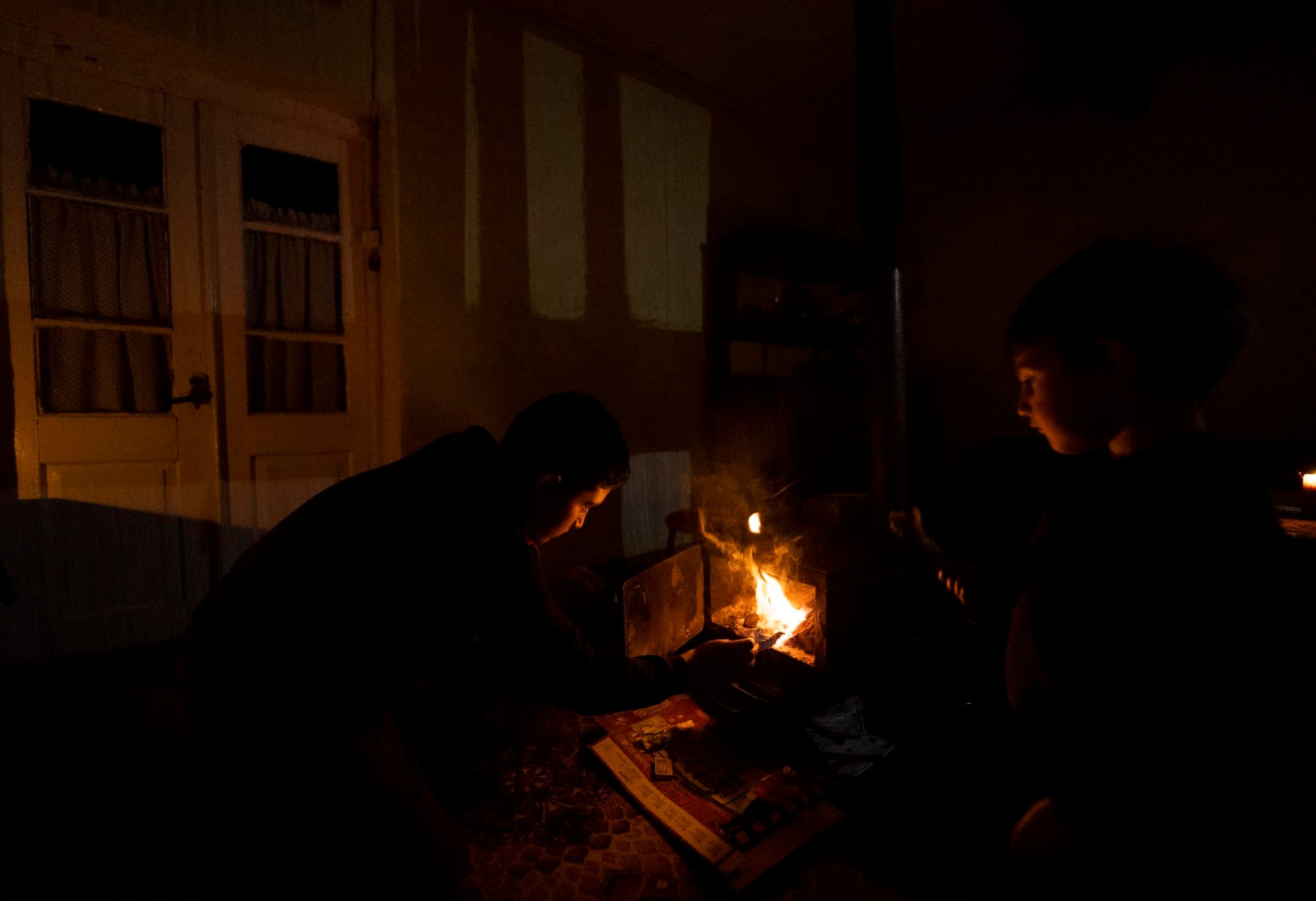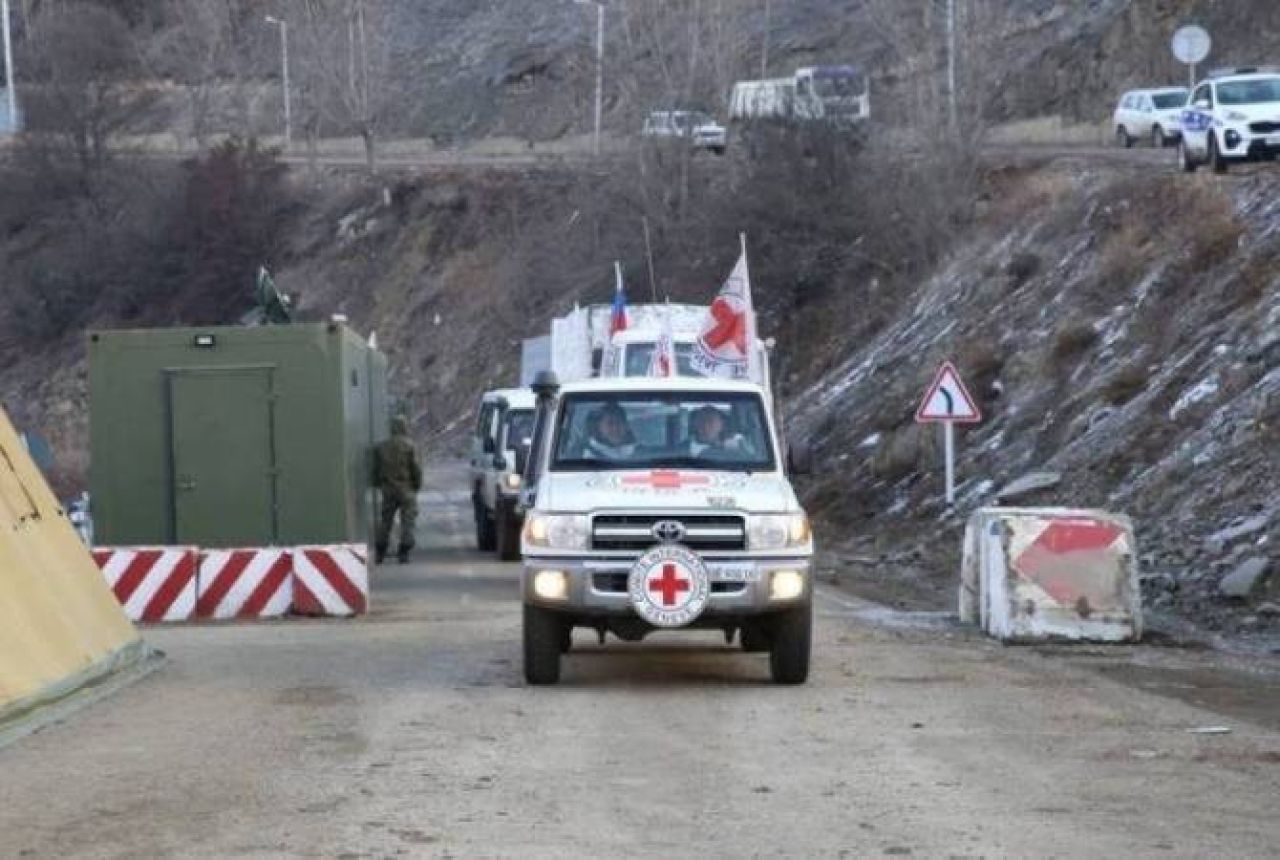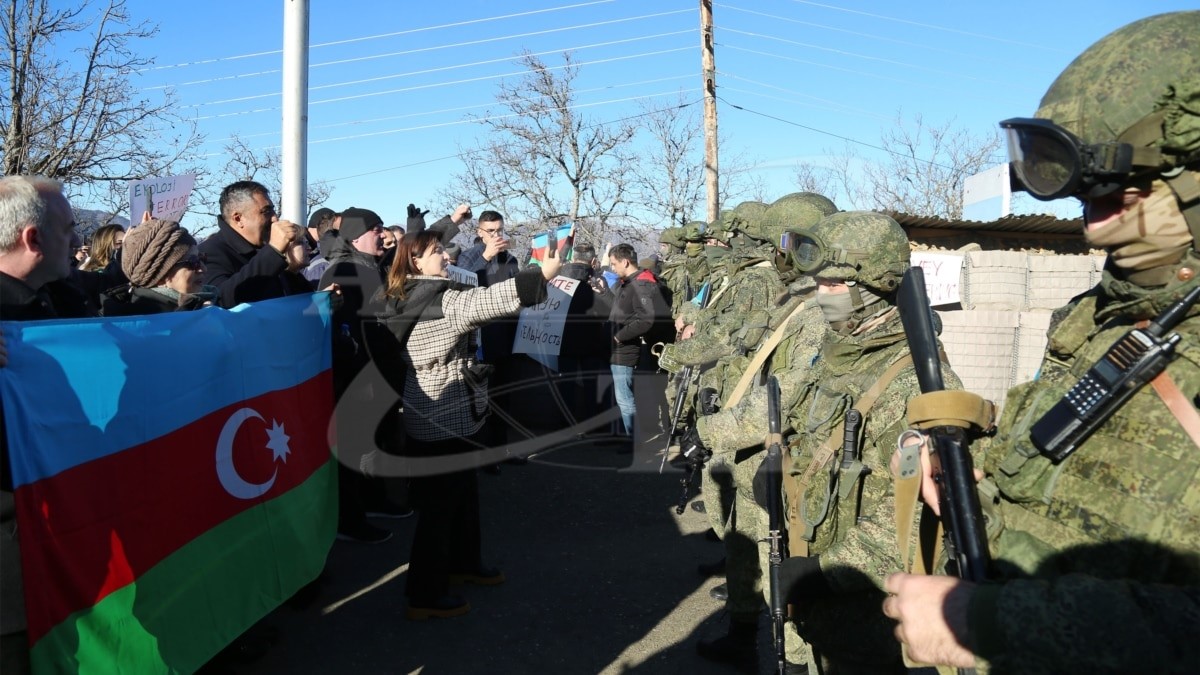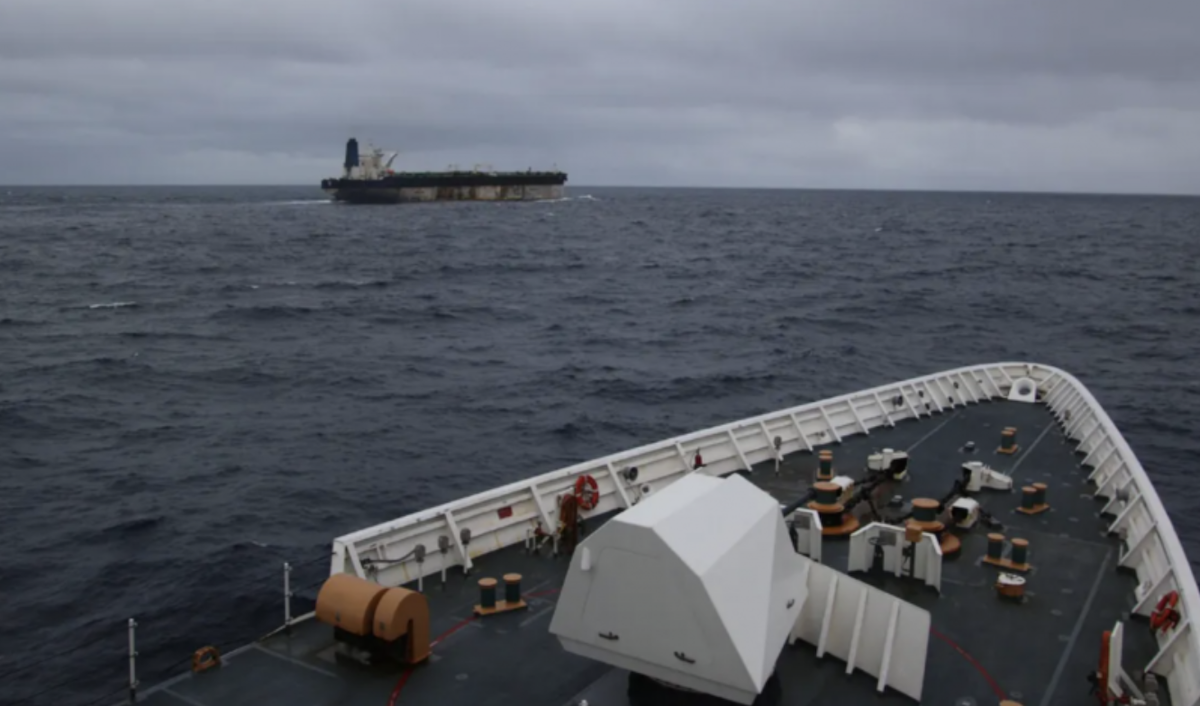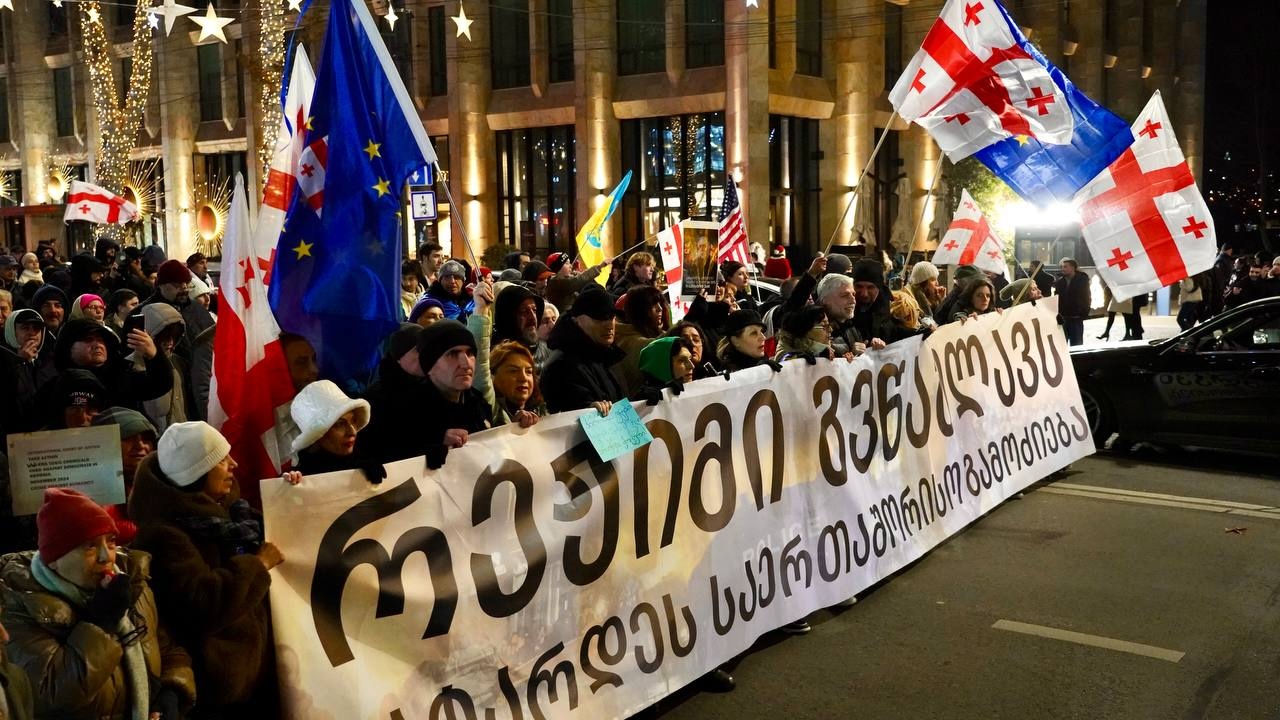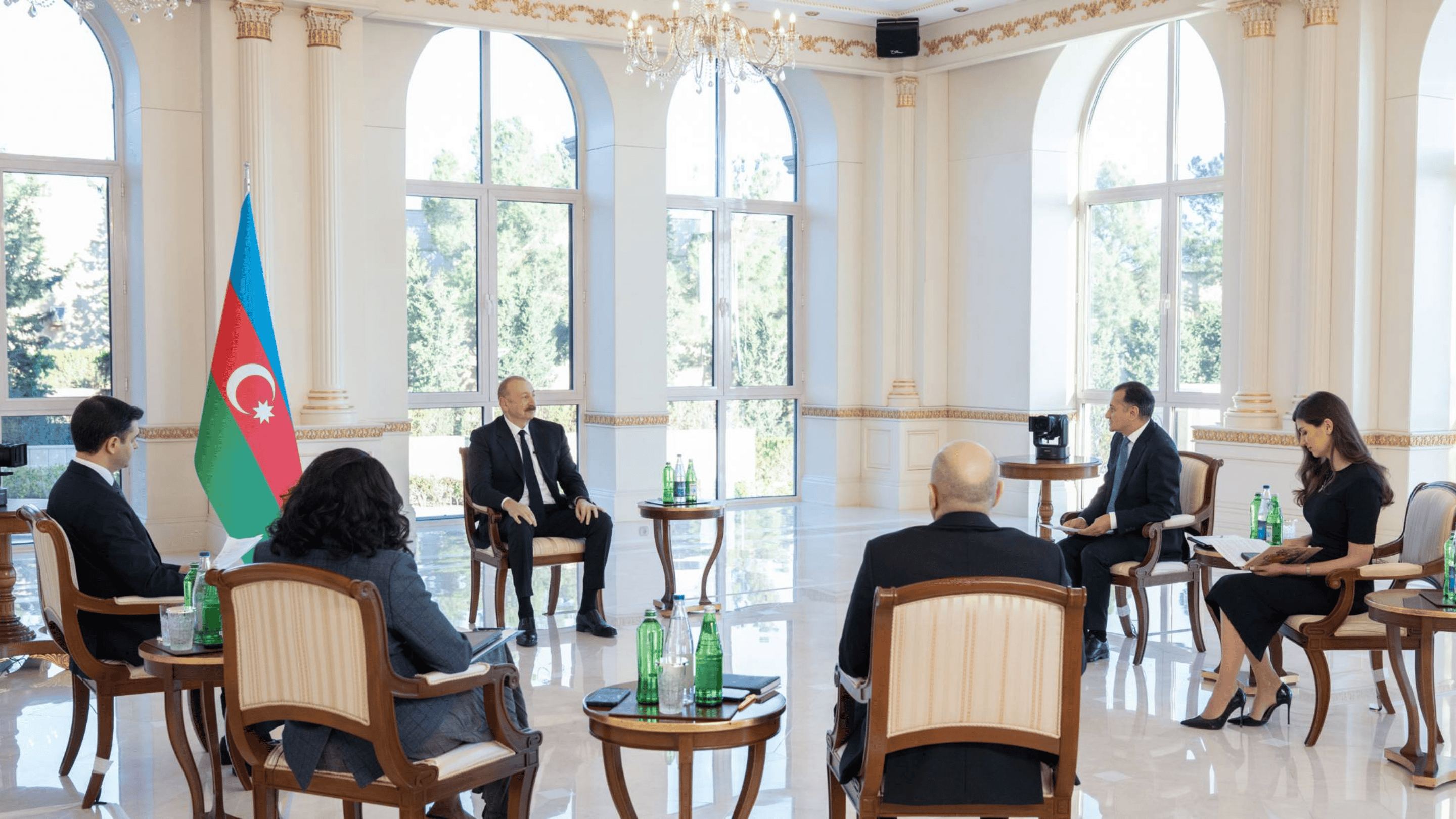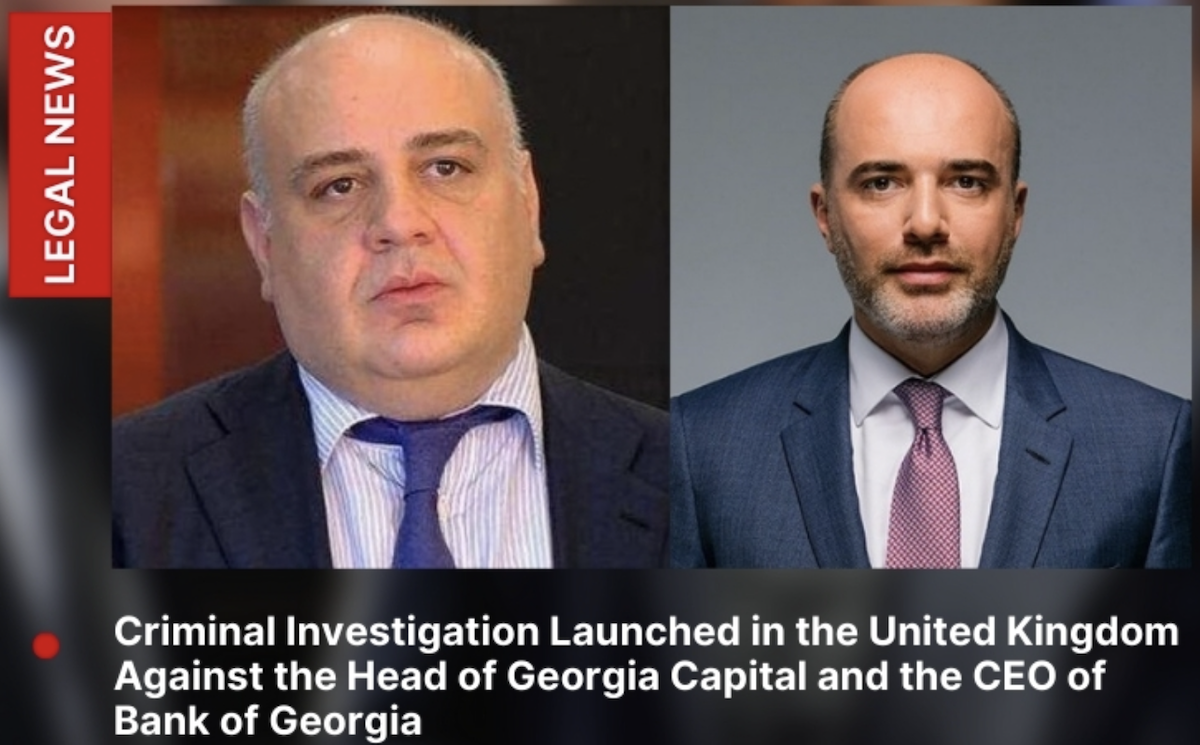"Azerbaijan is at a dead end" - Speaker of the Armenian Parliament on the blockade of NK
The situation in Nagorno-Karabakh
Despite calls by the international community and the International Court of Justice, Azerbaijanis who call themselves eco-activists continue to block the Lachin corridor, the only road linking Nagorno-Karabakh to the outside world. On February 25, information appeared in social networks that the participants of the protest had unblocked the road, but official sources denied it.
According to the speaker of the Armenian parliament, the inhabitants of Nagorno-Karabakh are suffering and “from a political point of view, Azerbaijan has found itself in a dead end.”
- “Sumgayit pogroms were a crime based on nationality” – Armenian Foreign Ministry
- Karabakh movement: “From the desire for freedom to its loss”
- Pashinyan-Aliyev-Blinken meeting in Munich
Political context
The Lachin corridor has been blocked since December 12. The Azerbaijanis participating in the action demand monitoring of local mines and a meeting with the commander of the Russian peacekeepers deployed in Nagorno-Karabakh. But the Azerbaijani authorities are also voicing new demands. Foreign Minister Jeyhun Bayramov recently expressed dissatisfaction with the fact that “Yerevan rejected Baku’s proposal to install a checkpoint on the conditional Azerbaijani-Armenian border.”
The Armenian authorities announced their position on this issue even before this statement. “Regulations on the Lachin corridor were agreed upon, signed, including by the President of Azerbaijan. I am talking about the document dated November 9, and the revision of the provisions regarding the Lachin corridor, and again as a result of the use of force and the threat of its new use, is definitely not and cannot be an acceptable solution for us,” Foreign Minister Ararat Mirzoyan said.
On February 28, Russian Foreign Minister Sergei Lavrov indirectly agreed with the position of Armenia. He said in Baku that “the trilateral statement of November 9, 2020 does not provide for the establishment of checkpoints in the Lachin corridor.”
Nagorno-Karabakh also considers the installation of an Azerbaijani checkpoint in the Lachin corridor unacceptable. According to David Babayan, adviser to the president of the unrecognized republic, it will be a “checkpoint for abductions and arrests.”
“It caused more damage to Azerbaijan”
“At the international level, we have achieved great success and will continue to work in this direction. In my opinion, in political terms, the closure of the Lachin corridor caused more damage to Azerbaijan than to Armenia and Artsakh,” Speaker of the National Assembly of Armenia Alen Simonyan told reporters.
He also stated that Armenia does not intend to negotiate on the Lachin corridor, since there is already “an agreed upon and signed document – a tripartite declaration of November 9.”
Commenting on the decision by the International Court of Justice, Simonyan said that Armenia “will use this decision to the maximum in all international instances.” He hinted that other positive decisions for Armenia are also expected.
On February 22, the Hague Court ruled on Armenia’s application for an interim measure against Azerbaijan. The Court concluded that Azerbaijan is obliged “in accordance with its obligations under the International Convention on the Elimination of All Forms of Racial Discrimination to take all measures at its disposal to ensure the unhindered movement of persons, vehicles and goods along the Lachin corridor in both directions.”
Humanitarian crisis
Prior to the blockade, 400 tons of cargo was delivered daily from Armenia to Nagorno-Karabakh through the Lachin corridor. Currently only Russian peacekeepers and Red Cross vehicles enter the territory, bringing humanitarian aid in much smaller quantities.
5,100 people announced that they have lost their jobs as 755 institutions and businesses ceased to operate under the blockade. This is 17.7% of the total. Some have suspended their activities, others are not fully operational, some continue to function thanks to state support.
In addition, due to periodic shutdowns and restoration of gas supply with violations of the norms, thirty cases of carbon monoxide poisoning have been recorded.
An increase in nervous and psychological problems has also been recorded, both among adults and children.
“Compared to the same period last year, the number of children’s visits to neurologists and psychologists increased by 46%, and adults – by 47%,” the NC reports.
Moreover, hundreds of people with scheduled operations at hospitals have been prevented from traveling to Armenia. Recently, eight patients with severe pathologies were able to travel there through the mediation fo the Red Cross.
About three-hundred babies have been born in the area since the beginning of the blockade. Diapers, food, and other necessities are in short supply.
“Russia continues to work on unblocking the corridor”
“At the moment we have no news. Artsakh’s position is unequivocal: the status of the corridor is determined by a tripartite statement dated November 9, 2020, and it must act in accordance with this document,” Lusine Avanesyan, press secretary of the president of the unrecognized republic, said.
On February 24, the day after the dismissal of State Minister Ruben Vardanyan, the command of the Russian peacekeeping forces organized a meeting of official representatives of NK and Azerbaijan. It is reported that in addition to restoring gas and electricity supply, the issue of ending the blockade of Nagorno-Karabakh was also discussed. Details of the agreements have not yet been disclosed.
Follow us – Twitter | Facebook | Instagram
The situation in the besieged NK










